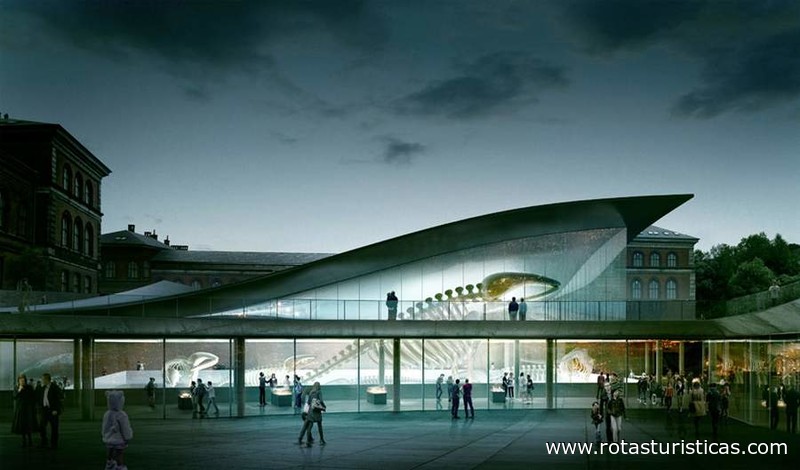Copenhagen, Hovedstaden, Denmark
Suggest Place to Visit
3627
Track to location with GPS |
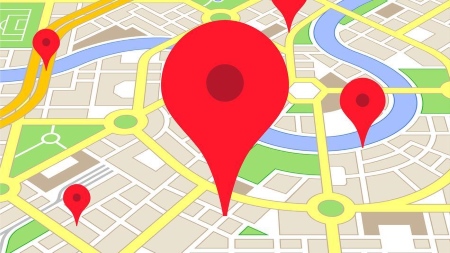 |
The Museum of Copenhagen wishes to kindle a desire for knowledge of the city, its past, present and future, by stimulating public curiosity and delight in discussing matters concerning the capital. The Museum aims hereby to present Copenhagen as a modern metropolis with a living, dynamic, relationship to its cultural heritage.
The early years
The initial roots of what was to become the Museum of Copenhagen consisted of works of art, models, interiors and photographs related to the history of Copenhagen that were gathered at the onset of the 20th century and stored in the capital's new City Hall. These collections have been continually expanded upon throughout the 21st century. The Museum of Copenhagen's areas of responsibility and assignments in relation to the city of Copenhagen have also grown in size and depth during this period.
The Museum of Copenhagen was housed in the attic of Copenhagen's City Hall up until the 1950s when it was transferred to the former premises of the Royal Shooting Society on Vesterbro.
Purpose, assignments and responsibility
The Museum of Copenhagen aims to be a well-known and respected authority on the history of the capital and a relevant and accessible platform for the numerous citizen voices within the capital, eg when discussing the present quality of life within the city or the choices that must be made for the future.
Traditionally speaking, The Museum of Copenhagen's collections, knowledge and communication have been focused upon the city's topographic development, i.e. administration and supplies, citizen welfare, health and opportunities to participate in public decision-making. However, documentation of the loners of Copenhagen has always been part of the Museum's collections, i.e. of Søren Kierkegaard, the world's most famous Copenhagener, or of the Pastime Maid and other original street characters.
In principle, the museum covers all periods of the history of Copenhagen and works together with the city authorities in relation to the cultural environment and permanent cultural heritage of the city. The museum also acts as the local archaeological authority with responsibility for archaeological matters in Copenhagen and Frederiksberg. Hence, it contributes to the future development of the city, ensuring that development occurs whilst bearing cultural insight and public memories in mind, particularly in relation to locations that are historically important and will continue to mark the city environment by providing the framework for contemporary and future everyday life.
Culture for All
The museum aims to provide the citizen's of Copenhagen with access to, and a sense of ownership towards, the cultural heritage of the capital. Through a number of new communication initiatives, situated both outdoors around the city and within the museum building, the museum participates in contemporary discourse on the ever changing nature of the city and its inherent plurality while contributing to the communication thereof. While emphasizing upon the citizens' own voices as part of the narrative on Copenhagen, groups and individuals, formerly underrepresented in the cultural life of the city are now being included within the city communities. The museum employs traditional methods such as exhibitions, guided tours, teaching and walking tours of the city along with the newest electronic technologies in communicating with the citizens of Copenhagen and other interested parties.
Conditions of ownership and subsidy
The Museum of Copenhagen is owned and run by Copenhagen's City Council. The museum's board of management consists of the City Council's Culture and Leisure Committee. The Mayor of Culture and Leisure is the chairman of the board.
At present (2014-2017) the museum board consists of the following:
Borgmester Carl Christian Ebbesen (O) (chairman)
Simon Strange (A)
Yildiz Akdogan (A)
Rune Dybvad (A)
Rikke Lauritsen (Ø)
Allan Ahmad (Ø)
Andreas Pourkamali (B)
Michael Gatten (V)
Jens Kristian Lütken (V)
Peter Thiele (F)
Lillian Parker Kaule (I)
Jette Sandahl is the museum's director.
While Copenhagen City Council is the museum's main subsidy provider, it also receives state-subsidy from The Heritage Agency of Denmark on an annual basis.
Comments
We don´t have yet any comments about:
Museum of Copenhagen
Museum of Copenhagen
Be the first to leave a comment as it is very important to inform other people
Outros locais a visitar
Within a radius of 20 km from:Museum of Copenhagen
Ny Carlsberg Glyptotek |
| 1,2 Km |
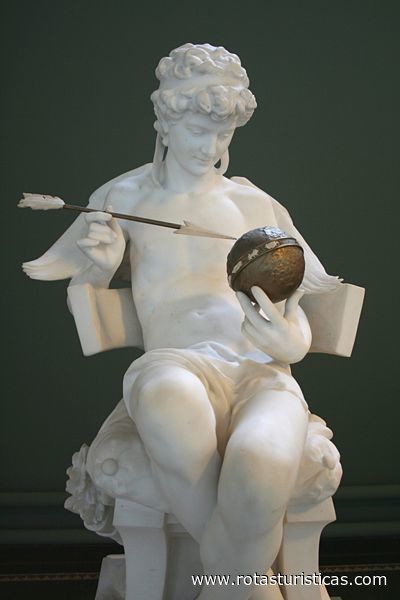 |
Nationalmuseum von Dänemark |
| 1,4 Km |
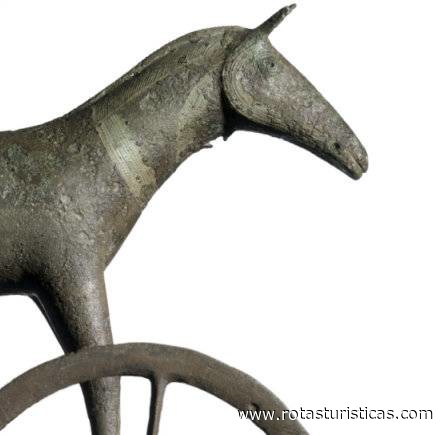 |
Das viktorianische Haus |
| 1,5 Km |
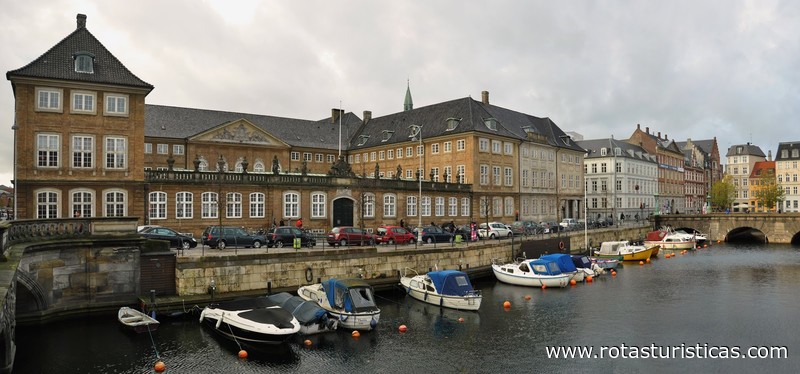 |
Thorvaldsens Museum |
| 1,6 Km |
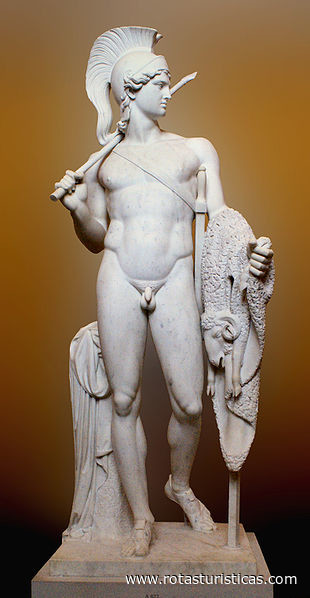 |
Tøjhus Museum |
| 1,7 Km |
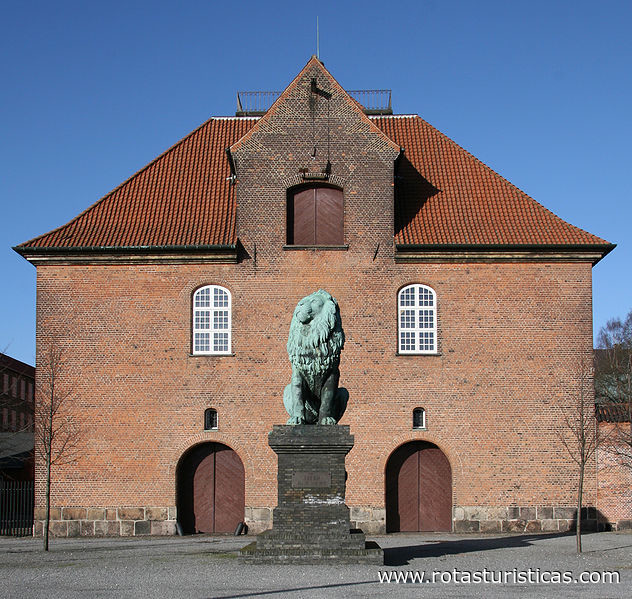 |
Dieselhouse |
| 1,7 Km |
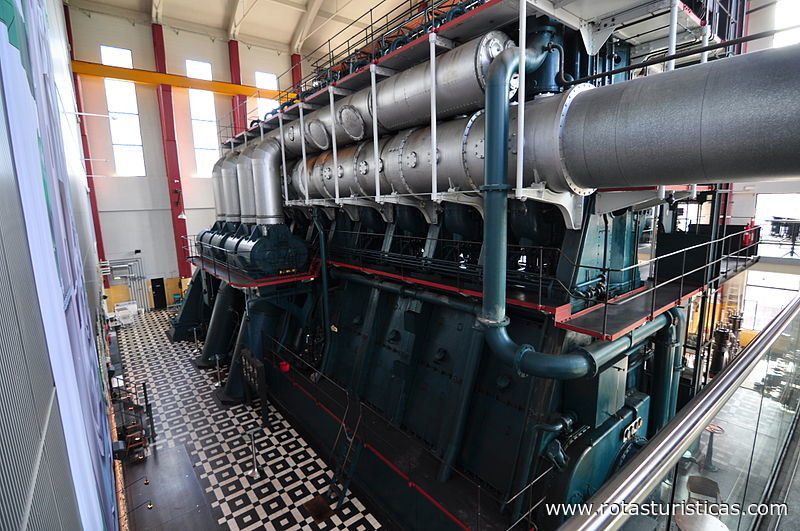 |
Arbeitermuseum |
| 1,8 Km |
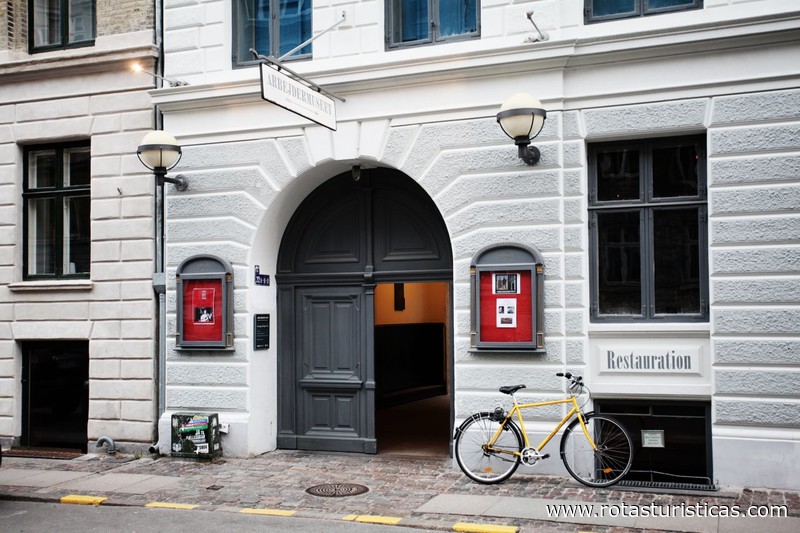 |
Dänisches Jüdisches Museum |
| 1,8 Km |
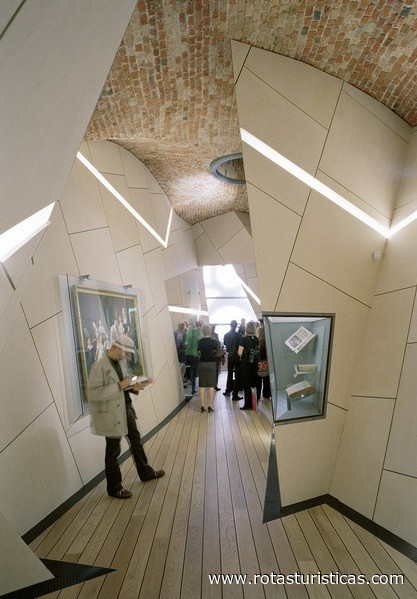 |
Zentrum für zeitgenössische Kunst Nikolaj |
| 1,9 Km |
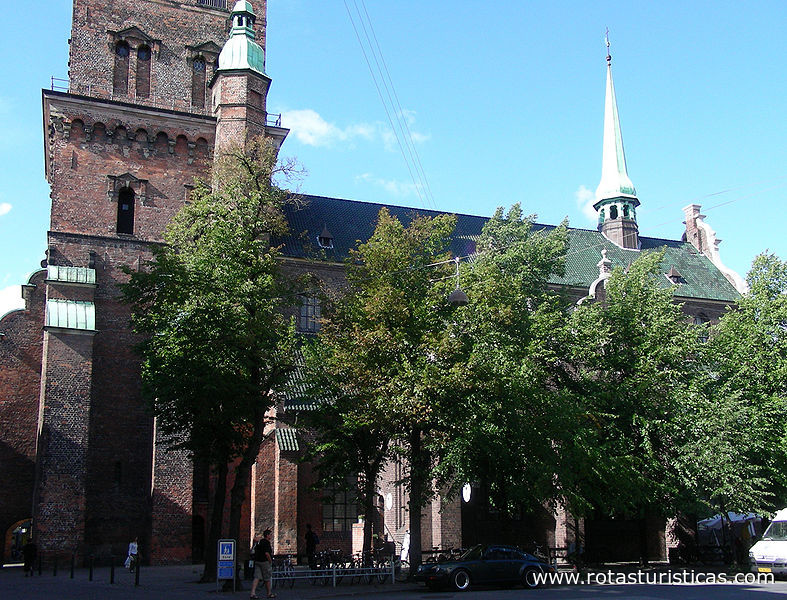 |
Schloss Rosenborg |
| 2,1 Km |
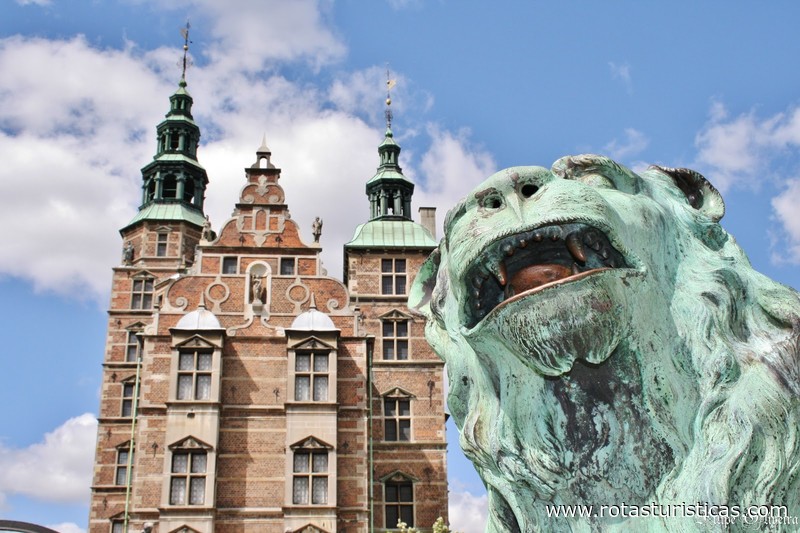 |
Geologisches Museum |
| 2,2 Km |
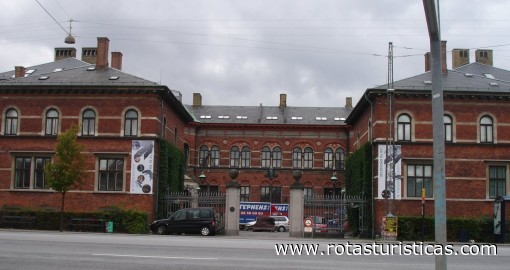 |
Statens Museum für Kunst |
| 2,4 Km |
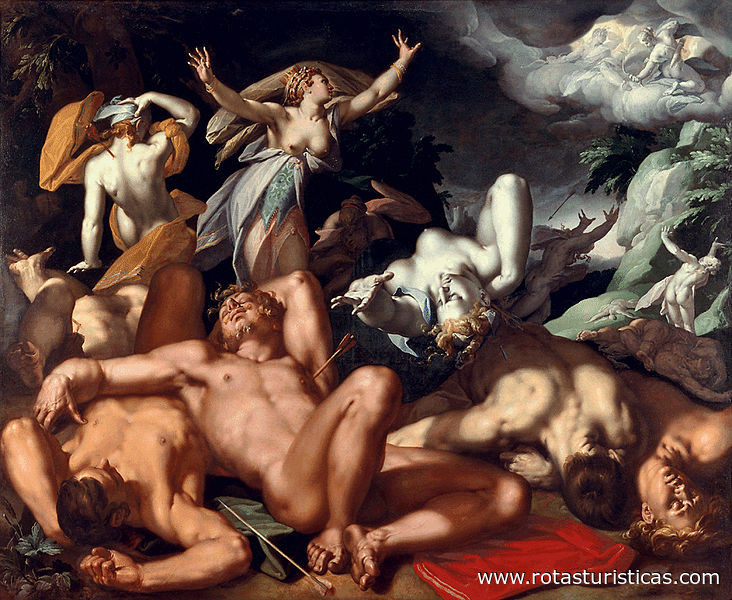 |
Sammlung Hirschsprung |
| 2,5 Km |
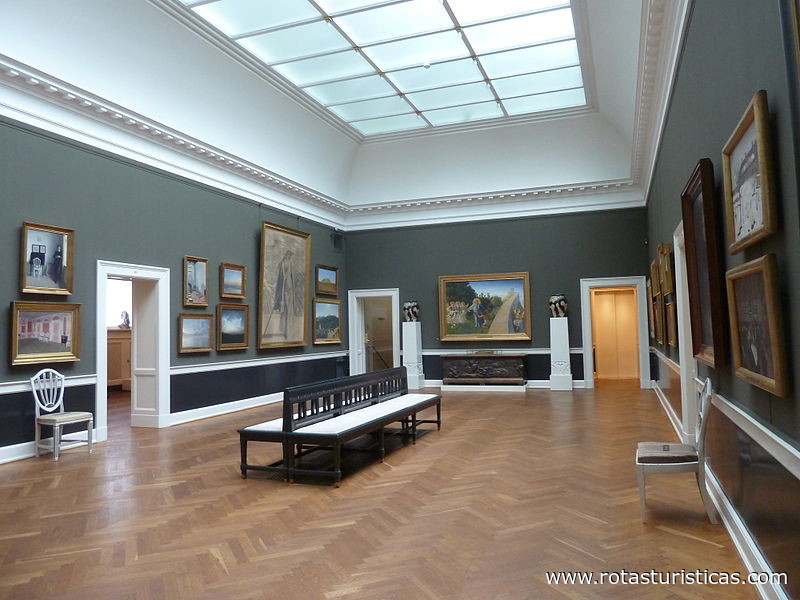 |
Königliches Dänisches Marinemuseum |
| 2,6 Km |
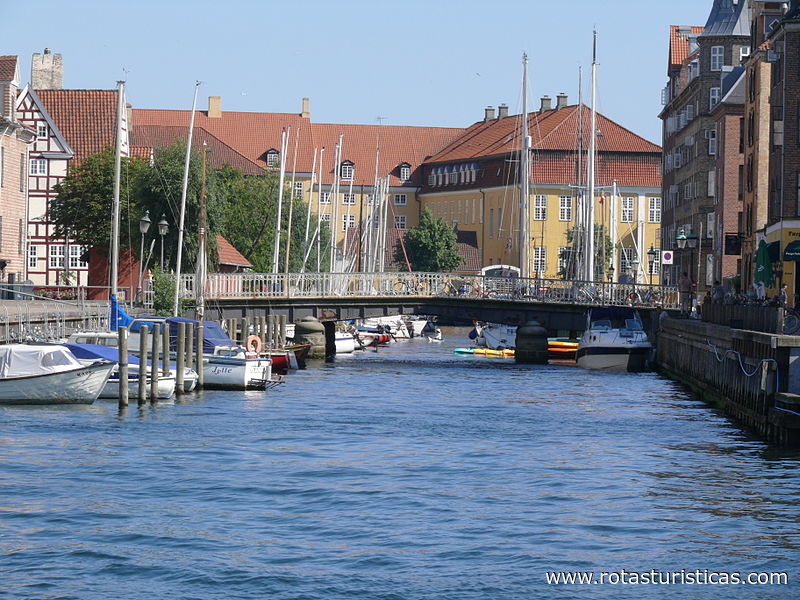 |
Nordatlantens Brygge |
| 2,8 Km |
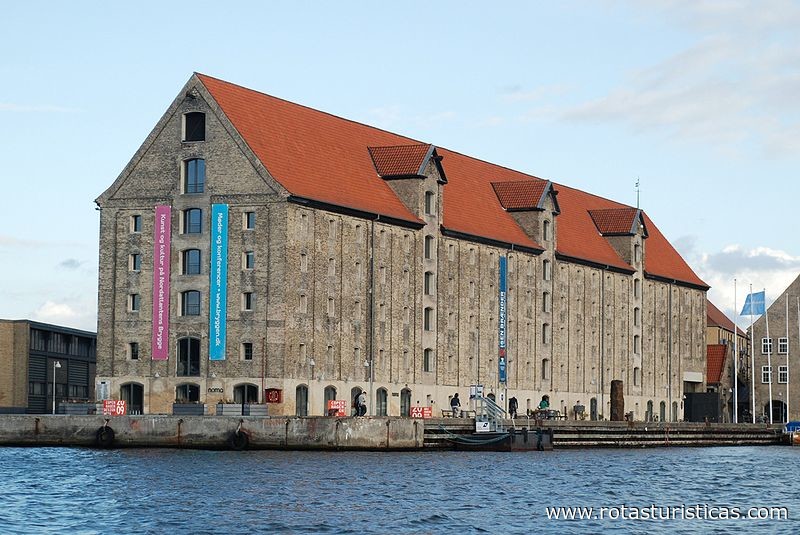 |
Experimentarium Stadt |
| 2,9 Km |
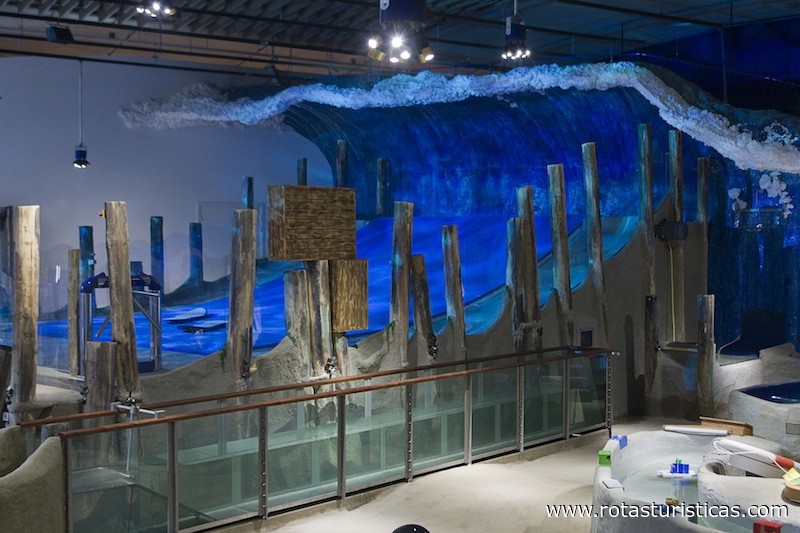 |
Designmuseum Dänemark |
| 2,9 Km |
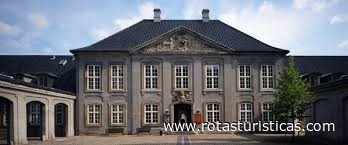 |
Zoologisches Museum |
| 3,4 Km |
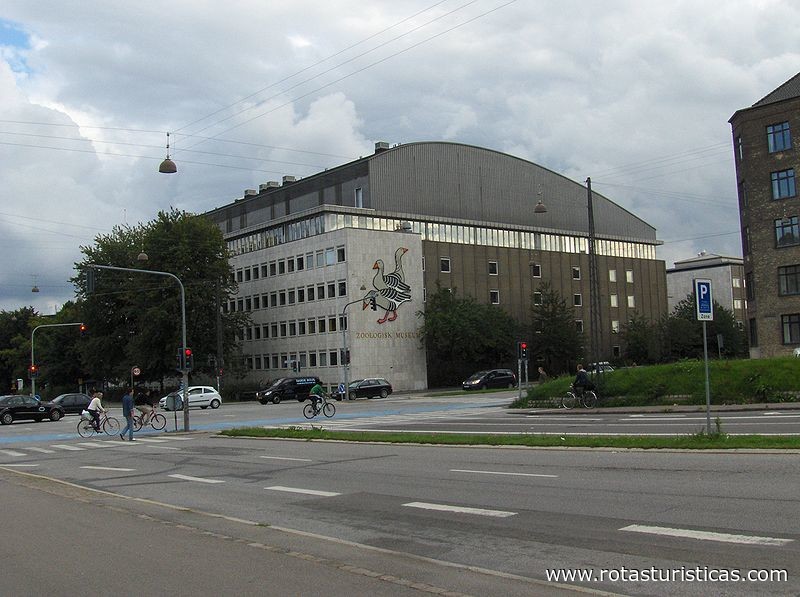 |
Arken Museum für moderne Kunst |
| 12,6 Km |
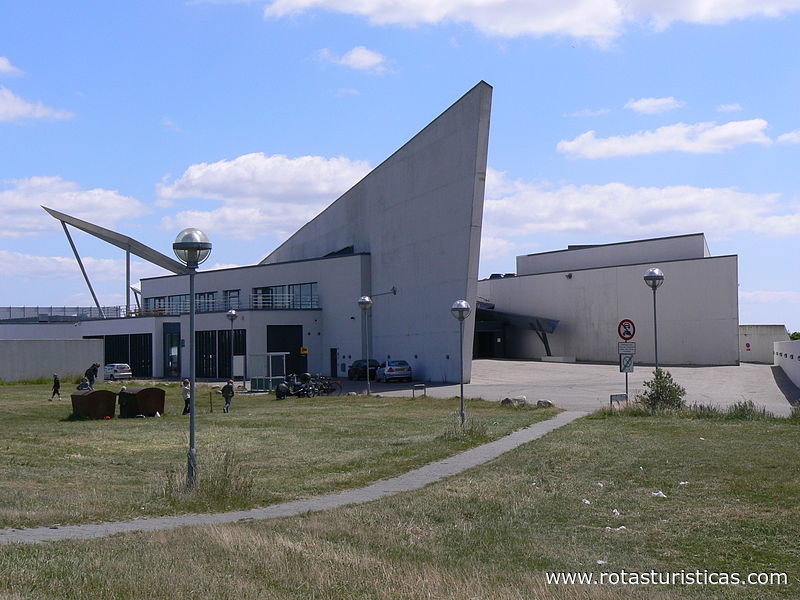 |
Das Freilichtmuseum |
| 13,4 Km |
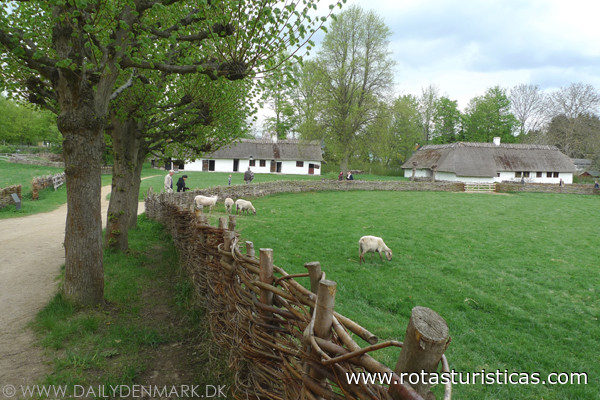 |
Hotel reservation near Museum of Copenhagen within a radius of 20 km
No results
Why to book with TOURISTISCHE ROUTEN
The best prices
Our partnerships with the world´s largest operators offer research on the best market prices.
More options
At Rotas Turisticos you can book the hotel, buy the air ticket, book the transfer from the airport to the hotel and vice versa, book the local excursions, rent the car, take travel insurance and consult the places to visit and where to go.
Holiday Tips & Destinations
Hundreds of holiday destinations with all the options that allow you to easily choose the destination that best suits your dream vacation.
TOURISTISCHE ROUTEN
Links


